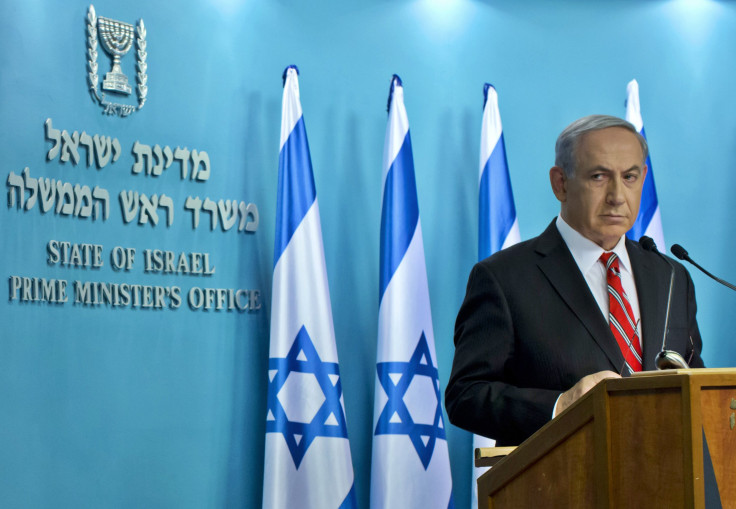Hamas Wins Hearts, Minds Of Millennials In Conflict With Israel

Millennials love Instagram, Beyoncé and ... Hamas? More than any other demographic in the United States, people under the age of 35 are more likely to express support for the Palestinians rather than Israel. Such sympathy represents a significant shift in American sentiment and could eventually influence U.S. relations with Israel as younger generations step into positions of power. Devastating images of dead and wounded Palestinians during the conflict have helped build sympathy for Gaza among younger Americans, but it's unclear how deep their support is for Hamas, which the U.S. government officially deems a terrorist organization.
What we do know is that younger Americans are not happy with Israel's latest onslaught in Gaza. In all, roughly 60 percent of Americans said they had either a “very favorable” or “mostly favorable” overall opinion of Israel, while only 20 percent said they had the same opinion about the Palestinian Authority, the body that governs Arab-populated areas of the West Bank, according to a recent CNN/ORC poll. But only 12 percent of millennials surveyed had a “very favorable” opinion of Israel, while 10 percent of millennials said they had a very favorable opinion of the Palestinian Authority. In contrast, only 1 percent of people between the ages of 50 and 64 said they felt the same.
What's more, Americans under 30 are more likely to blame Israel for the conflict, according to a Pew Research Center report from last month. The report found 29 percent of young Americans say Israel is responsible for the violence, while only 21 percent blame Hamas.
"A generation of global citizens is rising to power without the Israeli narrative embedded so firmly in its consciousness," wrote Ron Fournier in a recent column for the National Journal. "The so-called Arab Spring and the United States' diminished influence abroad has created a new set of filters through which young people will consider the Israeli-Palestinian conflict, a viewpoint that might be less inclined to favor the Jewish state."
One of the likely forces behind young people's support for Hamas is their youthful perspective, experts say. Simply put, young Americans live in a different era from their grandparents and parents. The Holocaust and World War II are not as significant to them, according to David Palumbo-Liu, a comparative literature professor at Stanford University.
"More and more younger Americans, growing up well past the postwar era, find the Holocaust narrative to be less than absolutely and unquestionably a good reason to support the horrible killings in Gaza. And as they learn more, their support will wane further," Palumbo-Liu wrote in a recent column for Salon.
Another possible factor is that young Americans tend to have a more favorable opinion of Muslims than their elders, according to the Pew Research Center.
Hamas took power during Gaza's 2006 elections in a victory that alarmed Israel, the United States and the European Union, which have all designated Hamas a terrorist organization. Hamas' mission is an Islamic state in all of pre-1948 Palestine. Its manifesto calls for the destruction of the state of Israel, and for raising "the banner of Allah over every inch of Palestine." The United Nations and Human Rights Watch have both accused Hamas of committing war crimes in previous conflicts with Israel.
Israel has accused Hamas of using Gaza's 1.8 million inhabitants as human shields, but it's struggled in recent weeks to win over public support after a barrage of attacks resulted in the deaths of hundreds of civilians. U.N. Secretary-General Ban Ki-moon declared Israel's deadly attack on a Gaza school on Sunday a "moral outrage" and "criminal act."
© Copyright IBTimes 2024. All rights reserved.






















